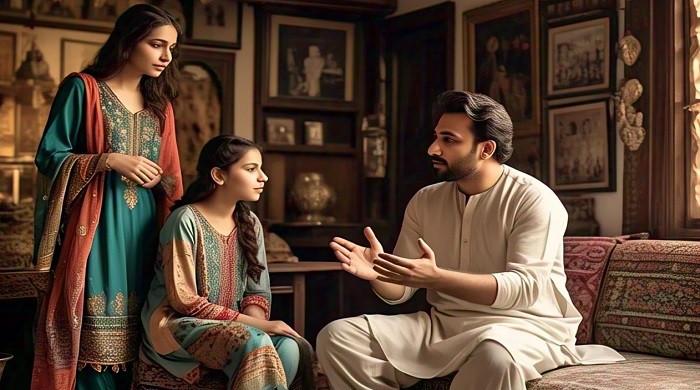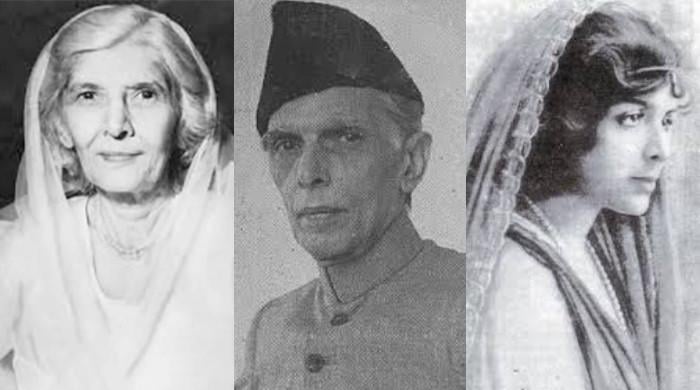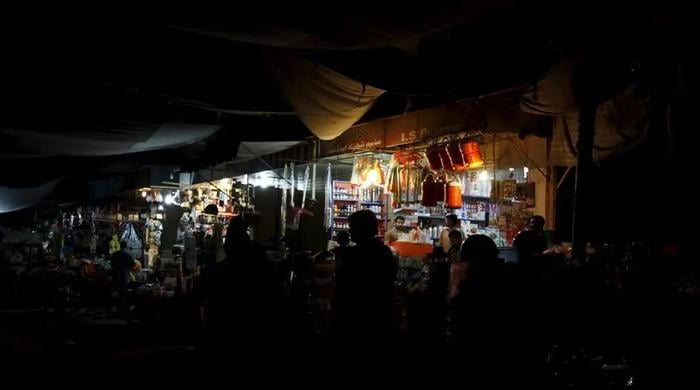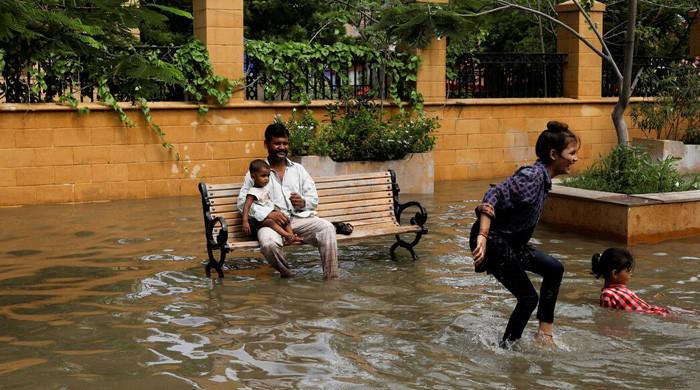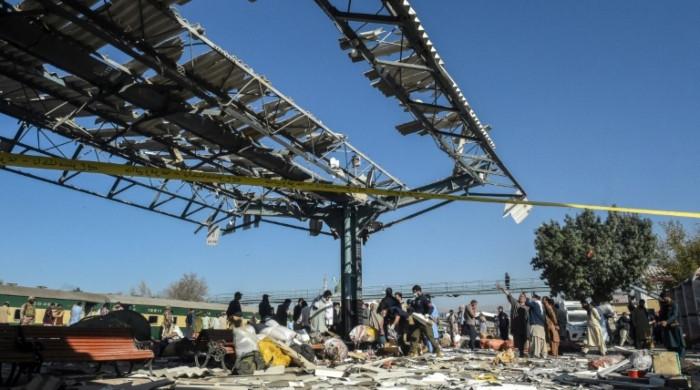Inside Islamabad’s #PukhtunLongMarch
The #PukhtunLongMarch is the start of a very long struggle ahead. At least now we know how to stand together and speak in one voice.
February 15, 2018
It took us seven days to reach Islamabad, Pakistan’s capital, from Dera Ismail Khan in Khyber Pakhtunkhwa. Led by Manzoor Ahmad Pashtun, we marched through Lakki Marwat, Bannu, Karak, Kohat, Dara Adam Khel, Peshawar and Mardan, all the while singing Shaukat Aziz’s revolutionary tune, “Da sang Azadi da” (What kind of freedom is this?) We called ourselves the Pakhtun Tahfuz Movement.
On reaching Islamabad, we camped outside the press club to demand first and foremost justice for Naqeebullah Mehsud, a young man from South Waziristan who was killed extra judicially in Karachi by a notorious police officer, Rao Anwar. It has been exactly a month since Mehsud was killed and the cop has yet to be arrested.
But there were more grievances. The Pashtuns have for decades endured terrorist violence, war, ethnic profiling and displacement. They had been suppressed for far too long under an evil colonial law, the Frontier Crimes Regulation.
Mehsud was wrongly accused of being involved in terrorist activities. No one stopped to confirm his innocence. He was shot to death in cold-blood. The already aggrieved Pakhtuns, and specifically the Mehsud tribe, protested the brutal killing of one of their own. Later, an inquiry committee formed by the IG Sindh also proved the young man innocent.
The protesters, men and women, came from all walks of life. In the ten days of the sit-in, university students also joined in. Speeches were made by political leaders and ordinary people.
On the second day of the sit-in a Jirga, which mostly comprised of elders from the Mehsud tribe, began its negotiation with the federal government, which finally resulted in a meeting with Prime Minister Shahid Khaqan Abbasi. But after the meeting, a dispute arose between the elders of the Mehsud tribe and the youth about how to end the sit-in. As the deadlock pursued, the Maliks of the Mehsud tribe left the protest by mid-night while the young men stayed on. They demanded that other state institutions also assure them that their demands will be met.
Two days later, more officials held a detailed meeting with the protesters. Verbal assurances were made that Rao Anwar will be arrested, dangerous landmines will be removed from the tribal belt, missing persons located and prolonged curfews avoided in the FATA.
In my political life, I have never seen a more peaceful protest. Not a single flower pot was broken in the ten days the sit-in was staged. When emotional speakers would go off topic to promote their own political agendas, those gathered would loudly heckle them off the stage.
For the Pakhtuns in Pakistan, the issues are many. One sit-in alone cannot address them. But the #PukhtunLongMarch is the start of a very long struggle ahead. At least now we know how to stand together and speak in one voice.
- Dawar is a Central Chairman of National Youth Organization
Note: The views expressed by the author do not necessarily reflect the official policy or position of Geo News, The News or the Jang Group




